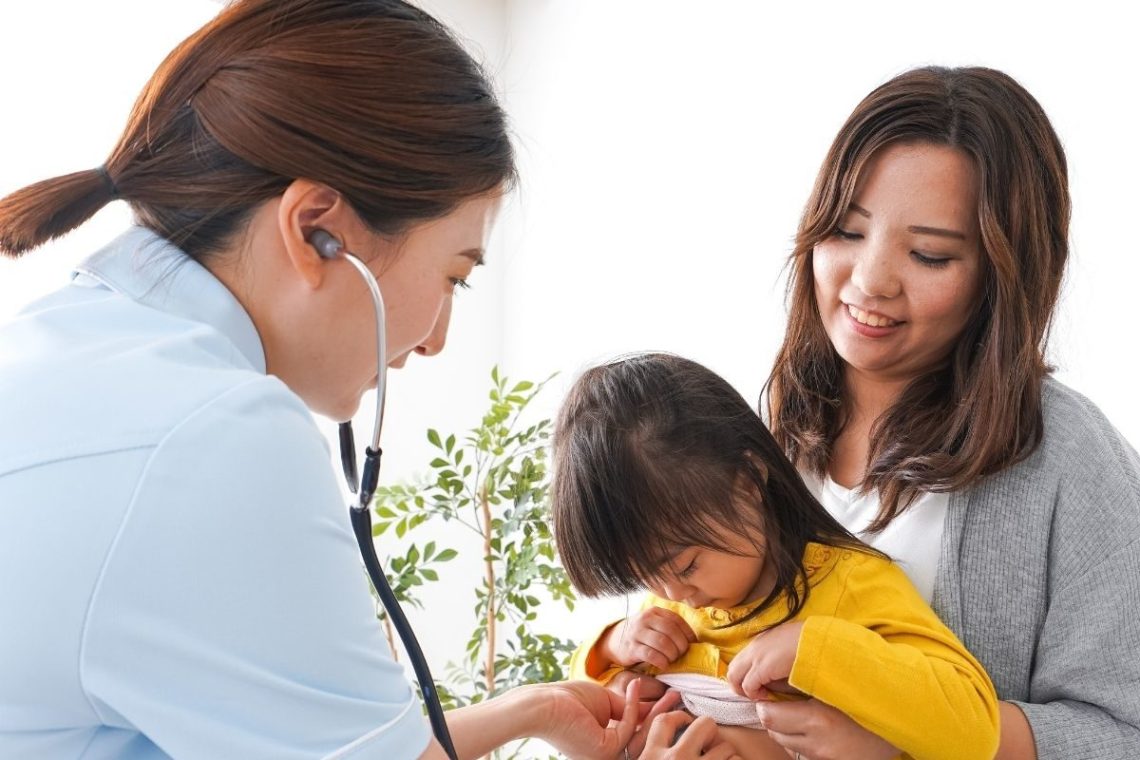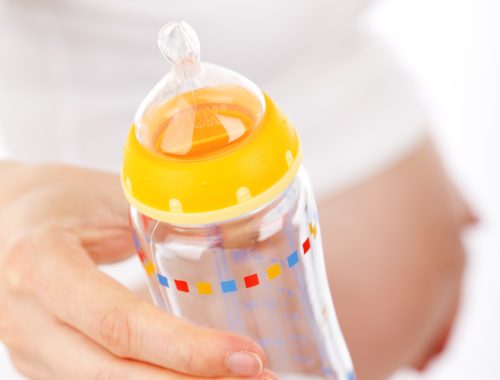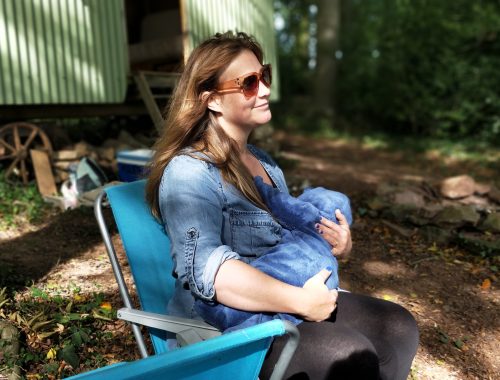
Microbiota and How It Affects Our Children’s Health
Eat right, exercise regularly, sleep well… It is true that we all know the secret formula to keep our bodies and our children’s bodies healthy and strong. Yet, we also know that this is not an easy task. In order to do this hard work, a good knowledge of our bodies is fundamental, and although in recent years we have had some insights through the healthy and real food trend, we have not fully understood what they mean and how they affect us.
Take for instance the Microbiota. This is one of those big concepts that we sometimes hear, but don’t clearly understand. But not to worry. In today’s article, we are going to tell you more about this concept and how it affects our health and the health of our children. Happy discovery.
What Is It?
Microbiota is the collection of microorganisms that live in a given place. It includes bacteria, viruses, fungi, archaea and protists. In the human body, the microbiota is present in almost every system (respiratory, digestive, reproductive) and performs vital and specific functions in each of these areas.
Microbiota and Health
Microbiota plays a key role in maintaining the health of adults and children. Depending on the part of the body where it is found, it is responsible for different tasks. For example, the skin microbiota fulfills a protective function by preventing the proliferation of opportunistic microorganisms on the skin, the lung microbiota contributes to the proper functioning of the lungs, while the intestinal microbiota is responsible for digestion.
Recent studies have shown that in addition to these key functions, microbiota, in particular the gut microbiota, also has a direct involvement in the development and maturation of the immune system. Gut bacteria are able to produce substances that “prepare” immune cells, which at an early age is vital for the proper development of the immune system and the prevention of possible future diseases.
The Growth of Microbiota
The microbiota of each individual changes, depending on the phase in which it is. At birth, babies share a microbiota with their mothers. This microbiota “settles” in the baby’s body through the birth canal at birth. As the child grows, this microbiota is enriched, the introduction of solid food in the diet introduces some microorganisms that will perform their functions in the body.
During our life, we acquire a new microbiota, we modify it (for example, after contact with antibiotics) and it stabilizes in adulthood, as long as similar conditions of diet and rhythm of life are maintained.
The Importance of a Healthy and Varied Diet
The key to a healthy microbiota is diversity. The more varied our diet, the more bacteria we will have with different “abilities”. Some bacteria are specialized in fermenting the fibers ingested in the diet, while others have enzymes capable of digesting animal fats. Thus, the more of a particular food group we consume, the more specialized our microbiota will be in processing and digesting it.
We can also give our microbiota a boost by eating prebiotic foods (which serve as food for the bacteria), fiber-rich foods: vegetables, cereals, fruits, as well as probiotics, whether they are foods supplemented with probiotics (yogurt) or natural probiotics (kefir, miso, kombucha).
For children, a healthy diet including fruits and vegetables is essential. For our microbiota to be healthy, we must eat a healthy diet, practice regular physical activity and reduce the consumption of toxins (tobacco, alcohol).
When in doubt, it is always best to consult a nutritionist, who is a true expert in the field.
There you are! You’ve now learn more about microbiota in children and how it can affect their health and what to do to keep it healthy.
You May Also Like

Choosing the Perfect Baby Bottle: Your Complete Guide
2023-08-11
Six Ways to Make Reading Fun
2021-09-08

